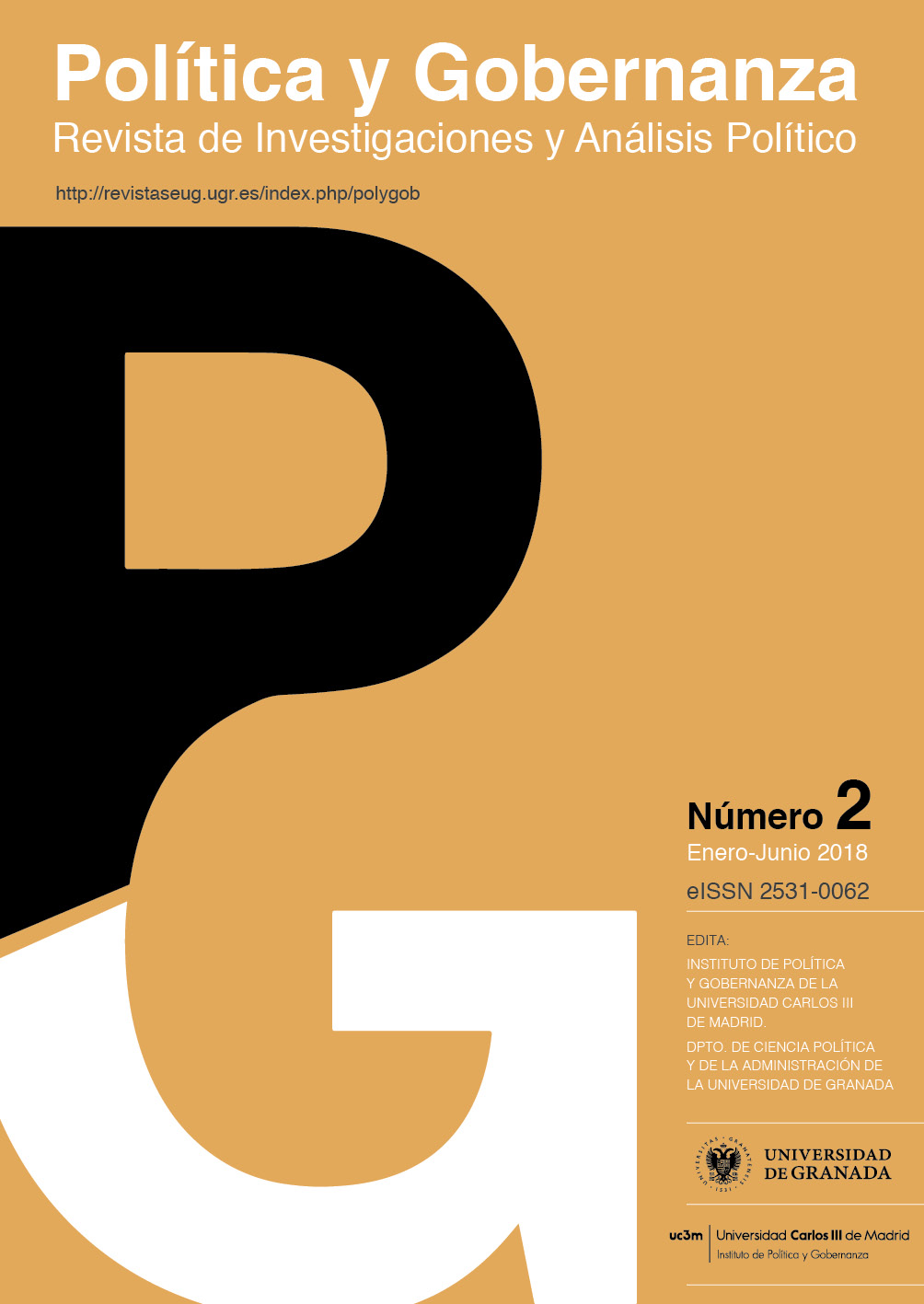Seizing the power: Party System Change in Mexico and Spain in a comparative perspective (2000-2016)
Main Article Content
Abstract
Despite geographical distance and political and cultural differences, in the recent national elections, in both countries, Mexico and Spain, new parties have entered in the political arena, obtaining significant electoral support. Podemos and Ciudadanos in Spain have modified the electoral behaviour of some voters and, as a consequence, the party dynamics of competition for the Government. In the same way, MORENA in Mexico, has been able to pose a real threat to the traditional major parties: The Institutional Revolutionary Party and the National Action Party. This article tries to answer to what extent the new formations have transformed the existing party system. To answer this, it analyses both the electoral evolution and the main indicators of the party system of both countries from 2000 to 2016. Thus, this article concludes that both party systems presented similar features of political competition restructuring, especially, motivated by decline of party identification with the established parties and the consequent emergence of new political parties.



